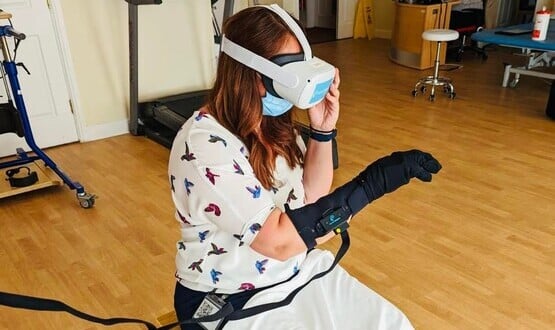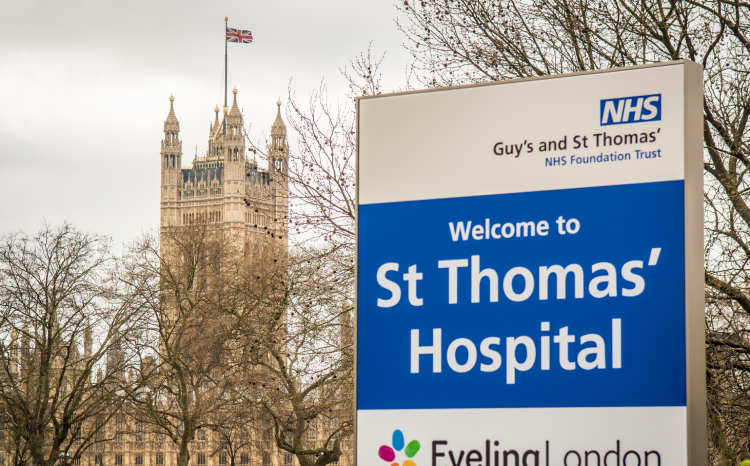Neuromersiv partners with rehabilitation provider for VR trial
- 10 March 2023

Virtual reality company Neuromersiv has teamed up with Askham Village to trial its latest products which are designed for immersive and engaging neurorehabilitation with patients recovering from a stroke.
Cambridge-based specialist rehabilitation provider Askham Village will trial the new virtual reality (VR) technology over a six-month period to explore its ability in facilitating functional movements and training for its patients. It will prioritise the simulation of functional tasks including personal care, kitchen use and bathroom use, with the ultimate goal of re-establishing independent living.
Neuromersiv’s upper-limb therapy system Ulysses is currently the only neuro rehab VR system that uses functional tasks performed in virtual daily living environments to enable repetitions to enhance neuroplasticity; the brain’s ability to learn new skills and recover damage.
Sara Neaves, clinical lead and outpatients service manager at Askham Rehab, said: “For someone who has suffered a life-changing stroke, regaining independence is so important and to think that assistive technology in the form of VR can help accelerate this, is something we just had to be part of.”
Neuromersiv’s focus is on enabling therapists and medical professionals to make neurorehabilitation more diverse and engaging through the use of VR.
Anshul Dayal, co-founder of Neuromersiv, said: “The partnership will not only provide us with the opportunity to gain insights on our product from clinicians working on the forefront of improving lives, but also provide us with a springboard for our broader commercialisation strategy in the United Kingdom and Europe.”
Neaves added: “In the world of rehabilitation, innovation is paramount and to see the capabilities of technology develop over the years is a testament to the creative minds in the industry.
“Neuromersiv is looking to use its expertise for the betterment of neurorehabilitation patients — something we also pride ourselves on at Askham — making this the perfect meeting of minds.”
Virtual reality technology has been used for multiple purposes in the past. Oxford VR’s social engagement program uses an immersive virtual reality setting to help NHS patients overcome anxious social avoidance. At Guy’s and St Thomas’ NHS Foundation Trust it is being used to train surgeons and enable them to develop their skills in a safe environment.






